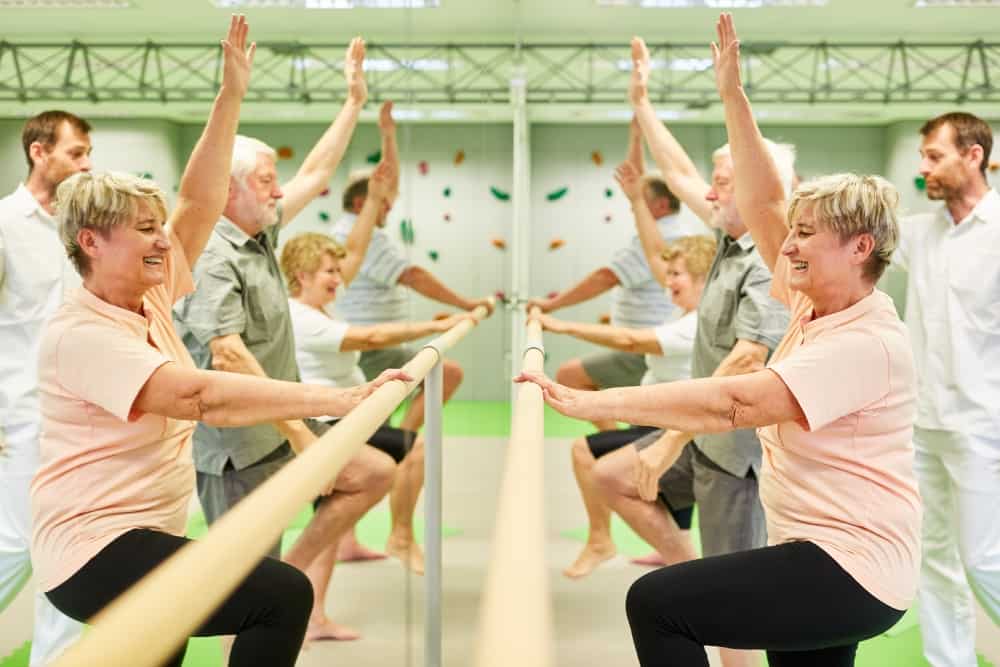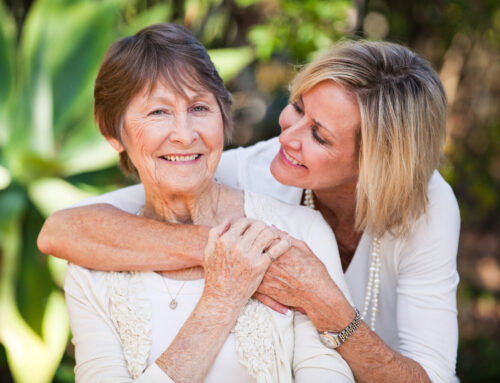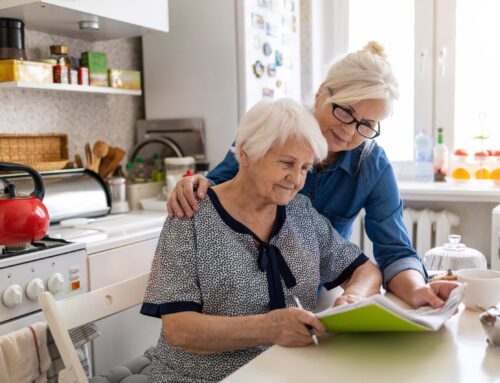Falls can be a major source of serious injury for seniors and the elderly. “Balance Awareness Week,” which runs Sept. 18-24, is a good reminder for seniors about fall prevention and how to avoid them.
The recipe for fall prevention includes balance awareness and exercise, as well as checking in with your medical provider. As you age, changes in your body, health conditions, even medications, may make falls more likely.
Here are six ways to help avoid falls.
—See your health care provider. The first step is assessing your risks and seeing if your medications may have side effects that can increase your risk of falling. You may need to consider other medications after the assessment.
Other factors in the assessment include if you’ve fallen previously and your health conditions. Including all details on a previous fall or falls, even times when a potential fall was prevented, can help formulate a fall prevention strategy.
Health conditions such as eye or ear disorders are also risks of falling. Dizziness, balance issues, pains in your joints, shortness of breath, or any numbness in your extremities could be problems. Your health care provider can help assess your balance, muscle strength, and gait.
—Consider a walker or other devices to help you. You may need a cane or a walker to help you keep your balance. Other items to consider include handrails on both sides of the stairway, or nonslip treads on steps, or a raised toilet seat or one that has armrests. You may also need a grab bar for your shower or tub and a sturdy plastic seat in the shower or tub. A hand-held shower nozzle is also helpful.
—Check your shoes. Footwear can be a vital part of your fall prevention plan. Wearing high heels, shoes with slick soles, floppy slippers, and similar footwear may lead to stumbles or falls. Walking around in your socks can also cause you to slip. Make sure your shoes fit properly, are sturdy, have a low profile, and have nonskid soles.
—Keep being active. Staying active and doing physical activity is a good way to prevent falls. After consulting with your health care provider, you may want to participate in workouts such as walking, in the water, movement exercises such tai chi, or even yoga. These can help with your balance, as well as your strength, coordination, and flexibility.
—Illuminate your living space. Keeping your living areas well lit helps you avoid tripping on objects that may be hard to see. Night lights are helpful, along with a lamp next to your bed. Make sure you can easily get to light switches. Another helpful tip is to have flashlights on hand in case you lose power.
—Clear household hazards. Make sure your home or living space is free of hazards for falls. Items in hallways or walking paths should be cleared. Make sure you have secure rugs. Have clothing, dishes, food, and other everyday items within easy reach. Have nonslip mats in your tub or shower. Quickly clean up spilled liquids, grease, or food.
A CARING-FIRST ENVIRONMENT
Senior living communities like Regency at Augusta Assisted Living & Memory Care are precisely that—a community. Residents become friends and even family, and a caring team is there to help them maintain their quality of life.
At Regency at Augusta Assisted Living & Memory Care, we offer both Assisted Living and Memory Care and we care with Honesty, Excellence, Accountability, Residents first and Teamwork. We like to call it Caring with H.E.A.R.T.™!
If you believe a senior living community would benefit your loved one, get in touch with us. Schedule a visit or download a brochure today!


 Schedule a Tour Today!
Schedule a Tour Today!







